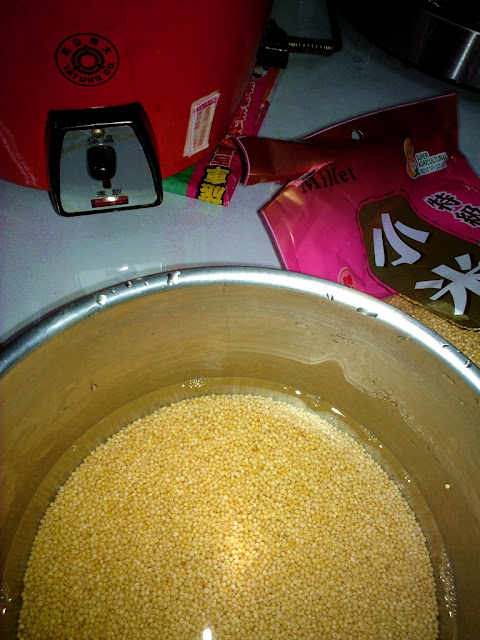獨潛
這是我看過最完整的獨潛建議
My suggestions for a safer dive with emphasis on the solo freediver are:
- just prior to surfacing always lean back and then proceed to lay on your back at the surface. Idea is that if you do BO or LMC there is a better chance your airway will remain out of the water and you can maintain floating at the surface safely.
- ensure your snorkel is not in your mouth throughout the whole dive especially upon surfacing.
- practice and make routine a solid recovery sequence with focus on breathing and minimal exertion.
- based upon an aggressive dynamic and your breathup sequence for such a dive, ventilate significantly less, thus inducing nasty CO2 feeling earlier and it encouraging/forcing yourself to surface early. To have a longer dive, you have to be more efficient in your technique and dive style.
- be well hydrated long before the dive.
- reflect on how much activity you participated in for the past two days prior to the dive and if significant exhaustion occurred overall or specifically in the legs/torso, limit your dive depth well above an aggressive recreational dive depth for yourself. This applies as well if you have recently been sick.
- limit your dive time significantly in reference to your PB dynamic or aggressive recreational dive. Limit further if you have recently been sick, exhausted, or dehydrated. Also limit dive time if you begin shivering.
- attempt to be consistent with regards to your breathup, recovery, exertion vs. time, pre-dive preparation (ie. diet, body temperature, hydration, flexibility, metabolic state, etc.).
- do not let yourself overheat. Flush your suit to maintain temperature.
- take a break, limit dive time and depth, and put extra emphasis on a solid breathup and relaxation if you undergo a stressful dive due to circumstances such as panic, narcosis, unforeseen exertion, etc.
- be aware of differences from the normal in your body and adjust your approach to play it safe.
- always surface with your hands over your head or look up to ensure you are not going to smash your head into an object.
- always focus on relaxing even if you find concern about your circumstances. Anxiety will only work against you.
- do not swim underneath things.
Tylerz
My suggestions for a safer dive with emphasis on the solo freediver are:
- just prior to surfacing always lean back and then proceed to lay on your back at the surface. Idea is that if you do BO or LMC there is a better chance your airway will remain out of the water and you can maintain floating at the surface safely.
- ensure your snorkel is not in your mouth throughout the whole dive especially upon surfacing.
- practice and make routine a solid recovery sequence with focus on breathing and minimal exertion.
- based upon an aggressive dynamic and your breathup sequence for such a dive, ventilate significantly less, thus inducing nasty CO2 feeling earlier and it encouraging/forcing yourself to surface early. To have a longer dive, you have to be more efficient in your technique and dive style.
- be well hydrated long before the dive.
- reflect on how much activity you participated in for the past two days prior to the dive and if significant exhaustion occurred overall or specifically in the legs/torso, limit your dive depth well above an aggressive recreational dive depth for yourself. This applies as well if you have recently been sick.
- limit your dive time significantly in reference to your PB dynamic or aggressive recreational dive. Limit further if you have recently been sick, exhausted, or dehydrated. Also limit dive time if you begin shivering.
- attempt to be consistent with regards to your breathup, recovery, exertion vs. time, pre-dive preparation (ie. diet, body temperature, hydration, flexibility, metabolic state, etc.).
- do not let yourself overheat. Flush your suit to maintain temperature.
- take a break, limit dive time and depth, and put extra emphasis on a solid breathup and relaxation if you undergo a stressful dive due to circumstances such as panic, narcosis, unforeseen exertion, etc.
- be aware of differences from the normal in your body and adjust your approach to play it safe.
- always surface with your hands over your head or look up to ensure you are not going to smash your head into an object.
- always focus on relaxing even if you find concern about your circumstances. Anxiety will only work against you.
- do not swim underneath things.
Tylerz

留言